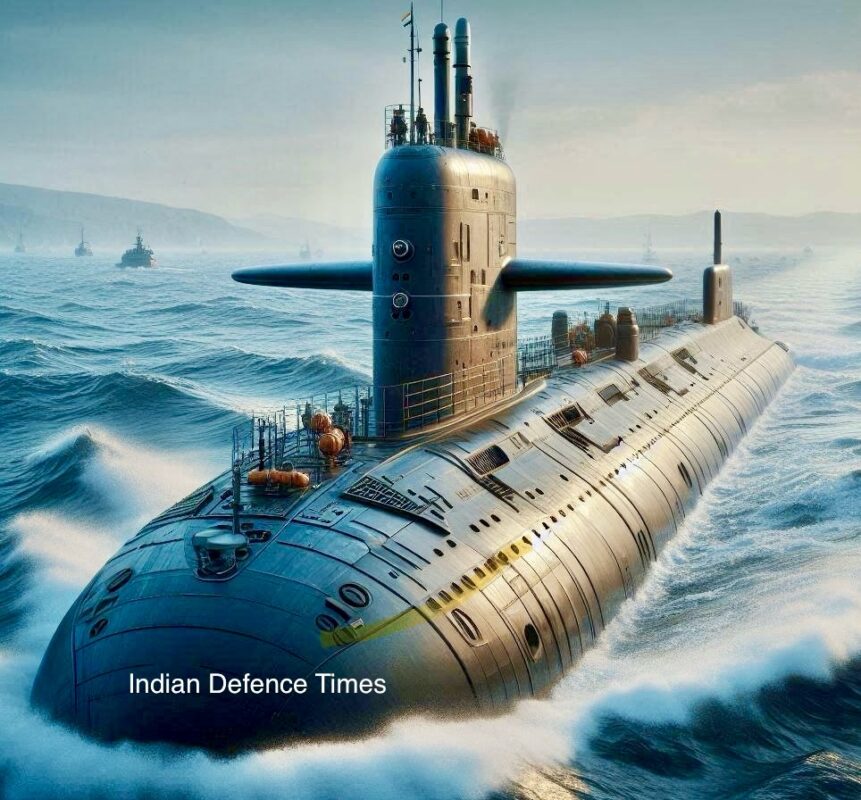Putin’s Historic Visit to North Korea: Strengthening Ties Amidst Sanctions
By Vidit Kumar
!Putin and Kim Jong Un
SEOUL, South Korea (AP) — On June 18, 2024, Russian President Vladimir Putin arrived in North Korea for his first official visit in 24 years. The visit was met with anticipation and curiosity, given the intensifying confrontations with Washington and the U.S.-led sanctions that both countries face.
A Historic Meeting
At Pyongyang’s airport, Putin was warmly welcomed by North Korean leader Kim Jong Un. The two leaders shook hands and embraced, emphasizing the “invincibility and durability” of their nations’ friendship and unity. Kim personally guided Putin to Pyongyang’s Kumsusan State Guest House, where they engaged in discussions.
Solidarity Against Sanctions
In a historic move, Putin expressed gratitude for North Korea’s firm support of Russia’s military actions in Ukraine. He reaffirmed their commitment to “resolutely oppose” Western ambitions that hinder the establishment of a multipolar world order based on justice and mutual respect for sovereignty. Putin’s visit aimed to strengthen bilateral ties and find ways to overcome the economic sanctions imposed on both nations.
Economic Cooperation and Trade
During the visit, Putin and Kim discussed trade and payment systems that are not controlled by the West. They pledged to jointly oppose illegal and unilateral restrictions, referring to the heavy U.N. Security Council sanctions on North Korea due to its nuclear weapons and missile programs. Russia, too, faces sanctions from the United States and its Western partners over its actions in Ukraine.
Arms Arrangement Concerns
Amid the warm reception in Pyongyang, concerns arose about an arms arrangement between North Korea and Russia. Pyongyang reportedly provides Moscow with munitions for its war in Ukraine, while Russia offers economic assistance and technology transfers. This cooperation could enhance the threat posed by North Korea’s nuclear weapons and missile program.
Conclusion
Putin’s visit to North Korea signifies a strategic alignment between the two nations, despite external pressures. As they navigate the challenges of sanctions and geopolitical tensions, their strengthened ties may have broader implications for regional stability.
About the Author:
Vidit Kumar is a freelance writer and geopolitical analyst based in New Delhi, India. With a passion for international relations, he strives to provide insightful perspectives on global affairs.








